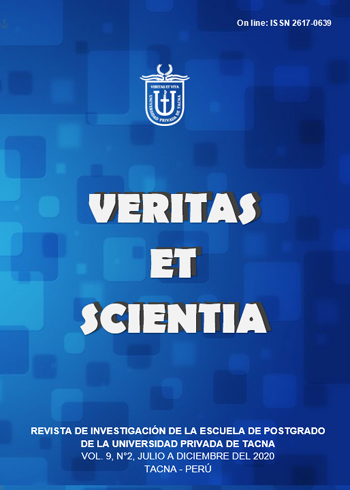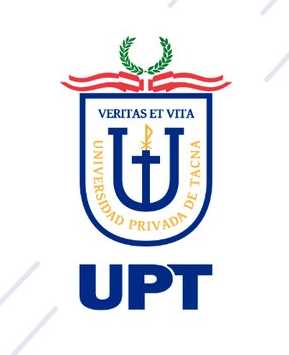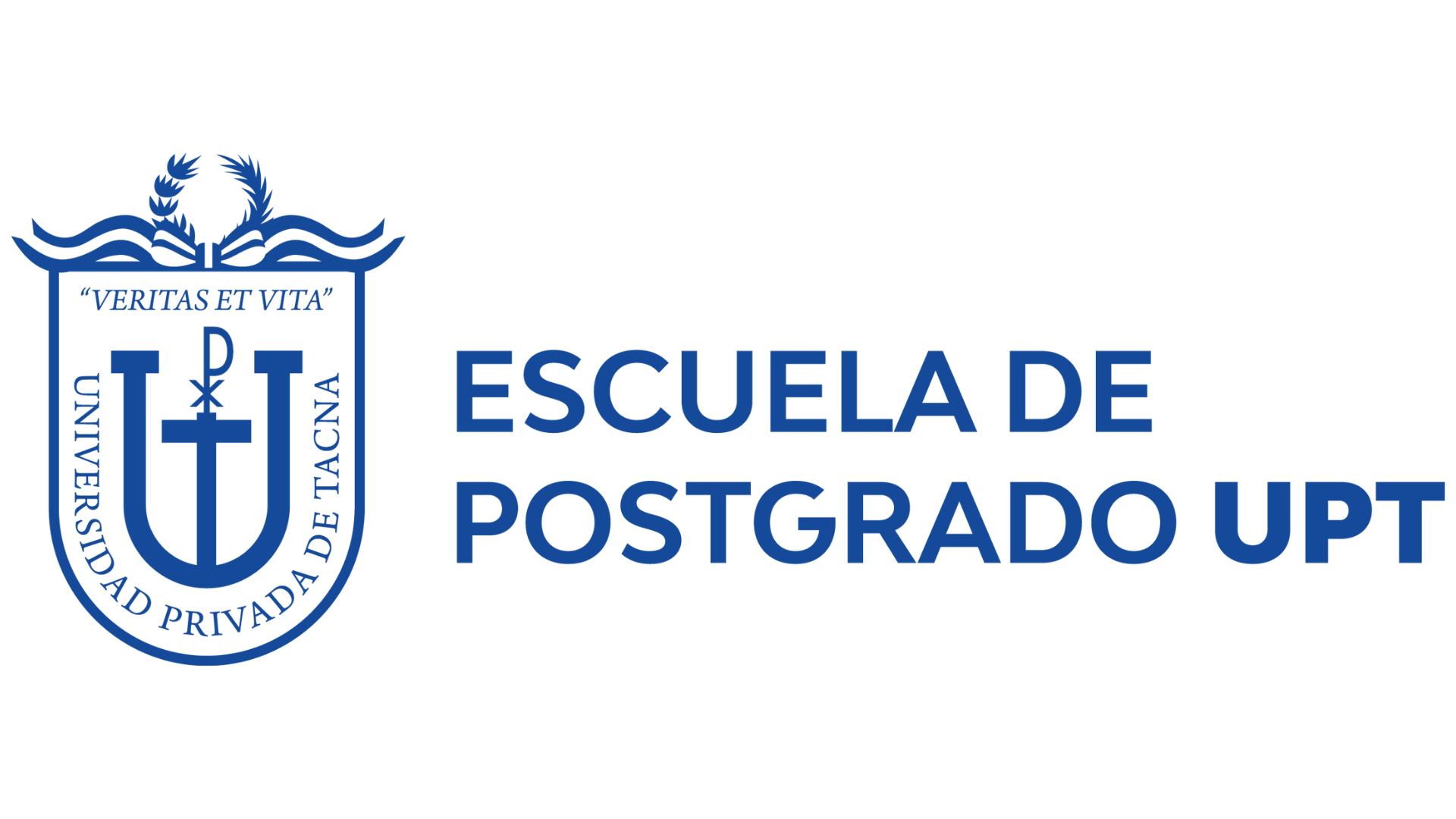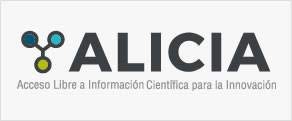Representaciones de los estudiantes sobre las modalidades y prácticas evaluativas en la asignatura de historia, geografía y ciencias sociales en establecimientos educacionales públicos, vulnerables y fronterizos
DOI:
https://doi.org/10.47796/ves.v9i2.396Palabras clave:
aprendizaje, conocimiento, estudiante-profesor, evaluación, contexto de fronteraResumen
La investigación analiza las representaciones de los estudiantes sobre las modalidades y prácticas evaluativas utilizadas en la asignatura de Historia, Geografía y Ciencias Sociales, de establecimientos públicos, vulnerables de una región fronteriza. El estudio es cualitativo, empleando técnicas de corte interpretativo a fin de explorar las representaciones entorno a las prácticas evaluativas. La recolección de información se estableció a través de entrevistas en profundidad. Los resultados informaron que los principales temas identificados fueron una concepción dinámica de aprendizaje, una mirada compleja sobre la evaluación que incluye valores actitudinales y una representación del docente como agente que flexibiliza los criterios institucionales de evalución en atención a los objetivos de aprendizaje.












